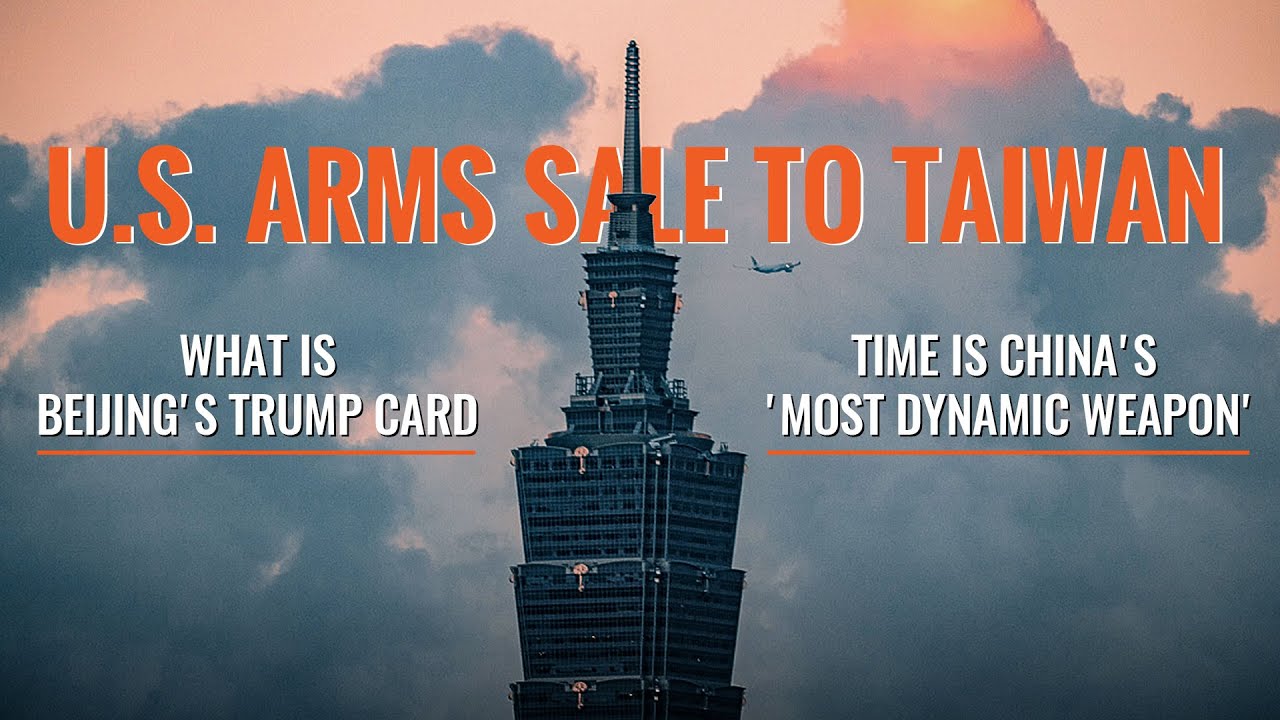With US arms sales to Taiwan back in the spotlight, China is voicing fresh concerns—while Washington doubles down on its commitment to Taipei.
The topic of US arms sales to Taiwan has once again taken center stage, triggering tensions between Washington and Beijing to another level. The US State Department has made it clear that America won’t tolerate the Chinese government’s efforts to exploit American universities or steal valuable research—especially when that research could end up strengthening China’s military or intelligence capabilities.
A New Flashpoint in US-China Relations
A spokesperson put it as: “The United States will not tolerate the CCP’s exploitation of US universities or the theft of US research, intellectual property, or technologies to grow its military power, conduct intelligence collection, or repress voices of opposition.” It’s a statement that lands right in the middle of the broader debate around US arms sales to Taiwan and the growing sense of rivalry between the world’s two biggest economies.
Spotlight on Security and Espionage
National security remains front and center for the US government, with the Trump administration emphasizing its visa policies as part of the pushback. Secretary Marco Rubio has emphasized that these actions are transparent and rooted in public safety—just as worries over US arms sales to Taiwan ramp up on Capitol Hill.
Meanwhile, the personal lives of Chinese leaders aren’t escaping attention either. President Xi Jinping’s daughter, Xi Mingze, studied at Harvard under a different name and has since kept a low profile. Some reports suggest she may have returned to Harvard in 2019 for graduate studies, although official details remain tightly guarded.
US Arms Sales to Taiwan Draw Domestic Debate
Within the United States, public figures are voicing their concerns. Luma, a well-known Trump supporter who ran for Congress in Florida, continues to call for stronger action. Though she didn’t win her races in 2020 or 2022, her stance on US arms sales to Taiwan mirrors a growing political conversation about how Washington should handle its support for Taipei.
China’s Warning Over US Arms Sales to Taiwan
It’s the US arms sales to Taiwan that have triggered Beijing’s latest and strongest warnings. On Friday, China’s Foreign Ministry condemned the decision to boost weapons deliveries to the island, warning that it could push tensions in the Taiwan Strait even higher. Spokesperson Lin Jian made Beijing’s position clear: “Such arms deals create new factors for tension in the Taiwan Strait.”
Reports suggest that Washington could soon approve weapon sales to Taipei valued at over $18 billion—potentially surpassing the levels seen during President Trump’s first term. US arms sales to Taiwan are seen as an effort to help the island deter growing Chinese military pressure and reassure allies of America’s commitment.
Taiwan’s Response
Taiwan’s government isn’t shying away from the issue. Officials say they’re committed to boosting self-defense and strengthening military deterrence, working closely with the US. While Taiwan’s defense ministry hasn’t commented directly on the latest arms sales reports, it’s well known that Taipei is pushing to raise defense spending to 3% of its GDP, despite earlier budget cuts pushed through by opposition parties.
The US, meanwhile, is urging Taiwan’s lawmakers not to block these vital increases. Despite the lack of formal diplomatic ties, America remains Taiwan’s most important international partner and arms supplier. And with US arms sales to Taiwan back in the spotlight, the stakes are as high as ever.
Beyond Taiwan, the US-China Rivalry Spreads to Space
Military tensions aren’t limited to the Taiwan Strait. China has also slammed the US for what it sees as a growing military presence in outer space, criticizing ongoing American projects and accusing Washington of stoking a new arms race above Earth.
Conclusion
As US arms sales to Taiwan continue to make headlines, both Beijing and Washington are digging in. With each new announcement, the world is left watching—wondering just how far this rivalry might go, and what it could mean for peace and stability across the region.




